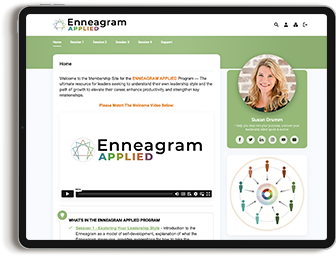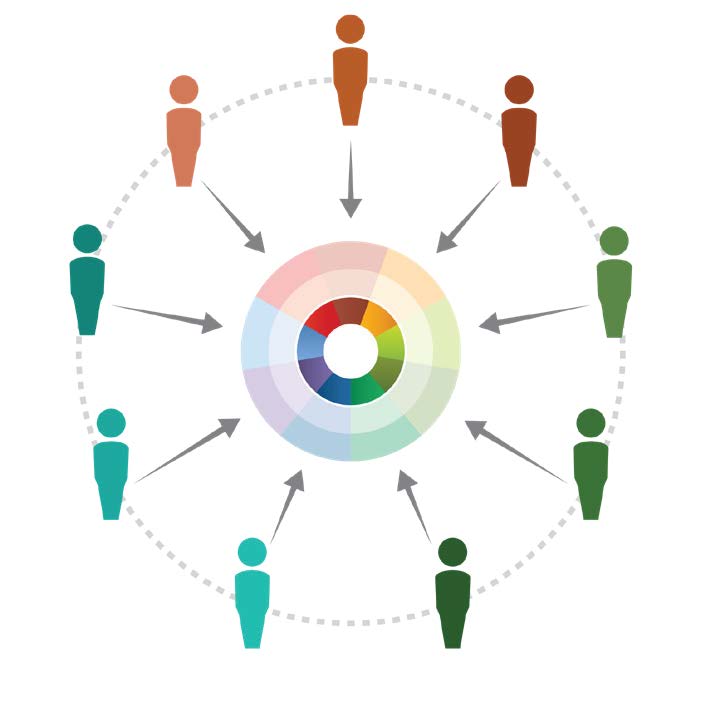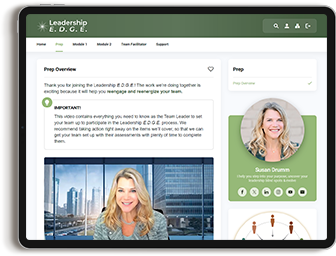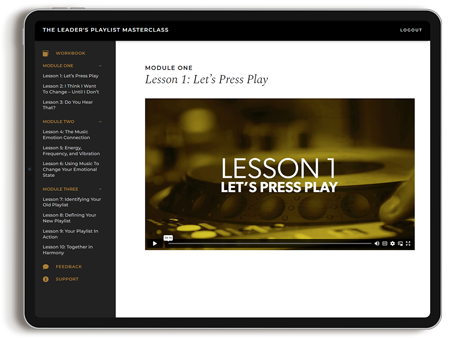How Do You Build Capacity In Your Teams? (feat. Bob Glazer)
If you’re not prioritizing how to build capacity on your team, you’re stunting its potential.
Leaders who are serious about building high performing teams achieve sustainable growth through capacity building. And yet what you may not know is effective capacity building should extend beyond professional development and into a much more holistic approach.
Bob Glazer, a renowned serial entrepreneur, award-winning executive, bestselling author, and keynote speaker, joins me today on The Enlightened Executive podcast. Bob is the founder and chairman of Acceleration Partners, a global marketing agency. He has a deep passion for helping individuals and teams build their capacity. In his latest book, “Elevate Your Team,” Bob shares valuable insights and practical strategies to foster growth and elevate performance.
In this episode, Bob expands our understanding of capacity building and provides leaders with three actionable strategies for how to build capacity within their team.
1. Understand the 4 Elements of Capacity Building
Capacity building consists of four interconnected elements, which form the foundation for personal and professional growth: spiritual, intellectual, physical, and emotional capacity. These elements work synergistically, much like a ball rolling down a hill, gaining momentum. When one element grows while others shrink, the overall capacity suffers. To achieve sustainable growth and performance, individuals and organizations must strive for balance and improvement across all four elements.
- Spiritual Capacity: This element is about understanding oneself, identifying core values, and setting personal standards. Leaders can equip team members with assessments, professional development conversations, and feedback loops to encourage them to identify their core values and strengths, and align their actions with personal goals.
- Intellectual Capacity: Intellectual capacity focuses on enhancing one’s thinking and execution abilities. Provide learning opportunities, mentorship programs, and resources to enhance critical thinking, planning, learning, and organization skills on your team.
- Physical Capacity: Physical capacity encompasses taking care of one’s health, well-being, and physical performance. Prioritizing physical fitness and overall wellness contributes to increased energy, productivity, and resilience. Perks like gym memberships, mental health stipends, and access to other health and wellness resources greatly impact a team’s physical capacity.
- Emotional Capacity: Emotional capacity involves cultivating a positive emotional mindset and effectively managing challenging situations. Coaching, workshops, and affordable access to mental health professionals are ways to foster an environment that encourages open communication, stress management, and relationship-building skills.
2. Adopt a Human-Centric Approach to Build Capacity
There is a misconception that capacity building is solely about increasing workload or productivity. One distinctive aspect of Bob’s approach to capacity building is his focus on making individuals better, rather than solely aiming to improve their job-related skills. This perspective is particularly vital in growth companies, where job roles evolve rapidly. By helping individuals grow holistically, organizations can ensure their team members rise alongside the company’s growth.
To implement this approach, leaders should encourage:
- Self-awareness – How emotionally intelligent is your team? Incentives and benefits that include mental health services equip and encourage your team to understand themselves better. When they understand their patterns, triggers and fears, they’re more equipped to grow in their personal (and therefore professional) capacities.
- Personal values exploration – Understanding the “Why” behind the work increases personal fulfillment and engagement. Facilitate time for your team to define their personal values while exploring company values.
- Leveraging individual strengths – Invest in assessments like the Enneagram, DISC, or Myers-Briggs to equip your team with common language surrounding their strengths. Use these results in performance reviews and career conversations to make sure individuals are tapping into their strengths in meaningful ways.
By investing in personal development and cultivating self-awareness, team members become more effective in their roles and build stronger relationships. Improved intellectual capacity leads to better decision-making and problem-solving skills, while physical well-being enhances overall energy and productivity. This holistic approach results in sustainable growth for individuals and organizations.
3. Restore Boundaries and Prioritization
Another aspect of capacity building is appropriate boundary setting in the workplace. Bob highlights the significance of maintaining a healthy work-life balance and establishing clear boundaries to avoid burnout and exhaustion.
Leaders set the tone for the organization. By demonstrating respect for work-life balance, leaders encourage their team members to prioritize their own well-being. For instance, leaders can encourage time off after team members meet big deadlines or complete large tasks. They can also utilize delayed delivery for non-urgent emails sent outside of regular working hours, respecting employees’ personal time and promoting a healthier work culture. Even though a leader may say “you don’t have to respond to this over the weekend,” they need to recognize that it’s still an intrusion and many employees will still feel the pressure.
With these strategies in mind, reflect on your team’s current capacity, identify which elements are currently underrepresented in your organization and make a plan to prioritize them.
Bob also shares…
- Resources and support for personal development.
- How to identify areas of strength and areas that require improvement.
- Strategies to contribute to an individual’s overall growth and success.
If you liked this episode, you may also benefit from hearing:




